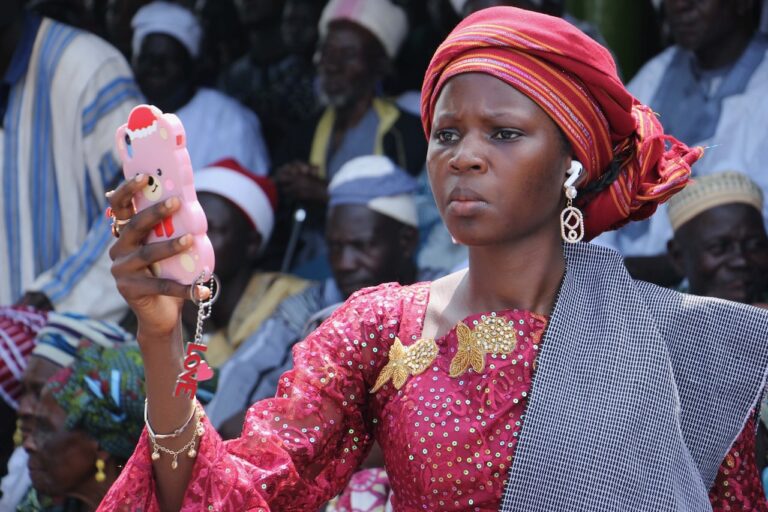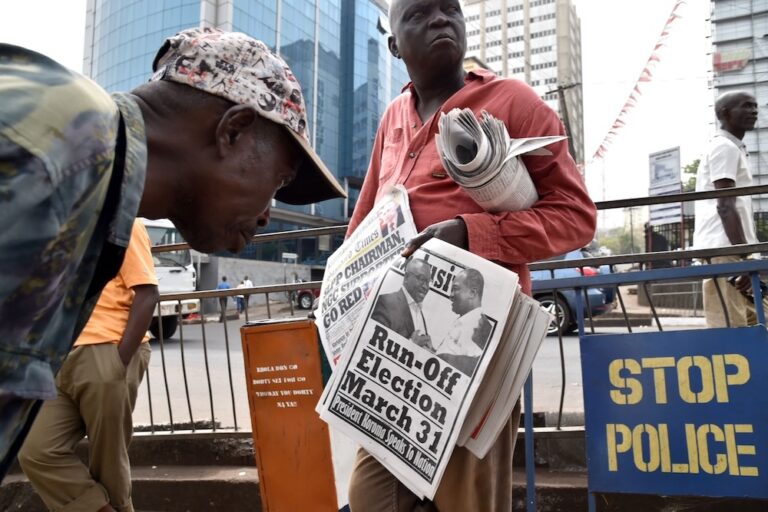Even in so-called progressive countries like South Africa, MISA has witnessed deliberate assaults on journalists, media practitioners and media houses.
(MISA/IFEX) – 3 May 2012 – On the occasion of World Press Freedom Day, the Media Institute of Southern Africa (MISA), would like to salute all the champions of media freedom and freedom of expression across the world, especially those in southern Africa who have assumed the risks associated with such an effort.
We wish to pay our deepest respects to all journalists who have lost their lives in the line of duty; our thoughts go out their families, friends and colleagues who miss them for the rest of their lives. We also extend our prayers and solidarity to those who are incarcerated for simply seeking out and imparting information in a manner that is consistent with all rights and responsibilities. Their struggle is ours and we live in the hope that justice will soon visit them.
MISA is greatly concerned about the growing intolerance of media freedom and freedom of expression across southern Africa. Even in so-called progressive countries like South Africa, we have witnessed, with deepest regret, deliberate assaults on journalists, media practitioners and media houses. We condemn, in the strongest sense, the targeting of journalists, acts of violence towards them, their unlawful arrest and hindrance to executing their duties.
The media are concerned with shaping public opinion, mediating the debate between the state and civil society in addition to acting as watchdogs over pubic processes and ensuring that those who hold power do not abuse it in order to advance or promote their own individual interests. It is this sacrosanct mandate that makes free media a prerequisite to development and the promotion of democracy, human rights and good governance.
Democracy, we believe, is about empowering citizens so that they are able to actively take ownership of their own growth and development objectives. On a daily basis, media facilitate this activity and go on to give solid meaning of what exactly human rights, freedom of expression and media freedom are to the ordinary citizen.
It is also for this reason that MISA, through the African Platform on Access to Information (APAI) – has been actively involved in the campaign on freedom of, and access to information. It is our strongest belief that information is power only when it can be productively used by the public and gives citizens the greatest opportunity to make decisions that enable them to question the sincerity and honesty of those who have been trusted with positions of power.
However, we are extremely worried that introduction of laws such as the Protection of State Information Bill in South Africa and the repeated failure to repeal – or at least amend – the Access to Information and Protection of Privacy Act in Zimbabwe will continue to result in citizens being denied their right and power to hold public officials accountable.
Needless to say, the introduction of the proposed bill in South Africa, a regional leader and a country with a world-celebrated Constitution, will trigger justification for equally menacing laws within southern Africa, leading to further deterioration of democratic culture and stifling of media freedom. While MISA appreciates the need for such a law in any country, we remain concerned that the absence of a public interest clause within it may open it to abuse given the fact that information dissemination is always treated with deep suspicion by those who seek to maintain political power.
The airwaves too, continue to be a contested terrain with ever-growing reluctance to open up to alternative voices and players. This is very inconsistent with, for example, the African Charter on Broadcasting which clearly states that “the legal framework for broadcasting should include a clear statement of the principles underpinning broadcast regulation, including respect for freedom of expression, diversity, and the free flow of information and ideas, as well as a three-tier system of broadcasting: public service, commercial and community.”
Even more worrying is the political rhetoric that has accompanied discussions on the role of the Internet in publishing. The Internet has been branded as a tool for regime change by, for example, the Zimbabwe government and therefore something to be seen in negative light. Malawi too, during the reign of late president, Bingu wa Mutharika, threatened to “monitor carefully [social] networks” said to be demeaning the person of the president. These utterances, in our view, represent, a profound lack of understanding of what the Internet is, especially its democratising function. And, they go against the grain of the set global theme of this year’s World Press Freedom Day: New Voices: Media Freedom Helping to Transform Societies.
It is MISA’s sincere hope that on this occasion, all introspection, discussions and debates result in the good of journalism and greater freedom for journalists.
Zoé Titus
Regional Director
Media Institute of Southern Africa
MORE INFORMATION:
MISA-Zimbabwe World Press Freedom Day statement (MISA, 3 May 2012)
MISA-Malawi World Press Freedom Day statement (MISA, 3 May 2012)
MISA-Swaziland World Press Freedom Day statement (MISA, 3 May 2012)


